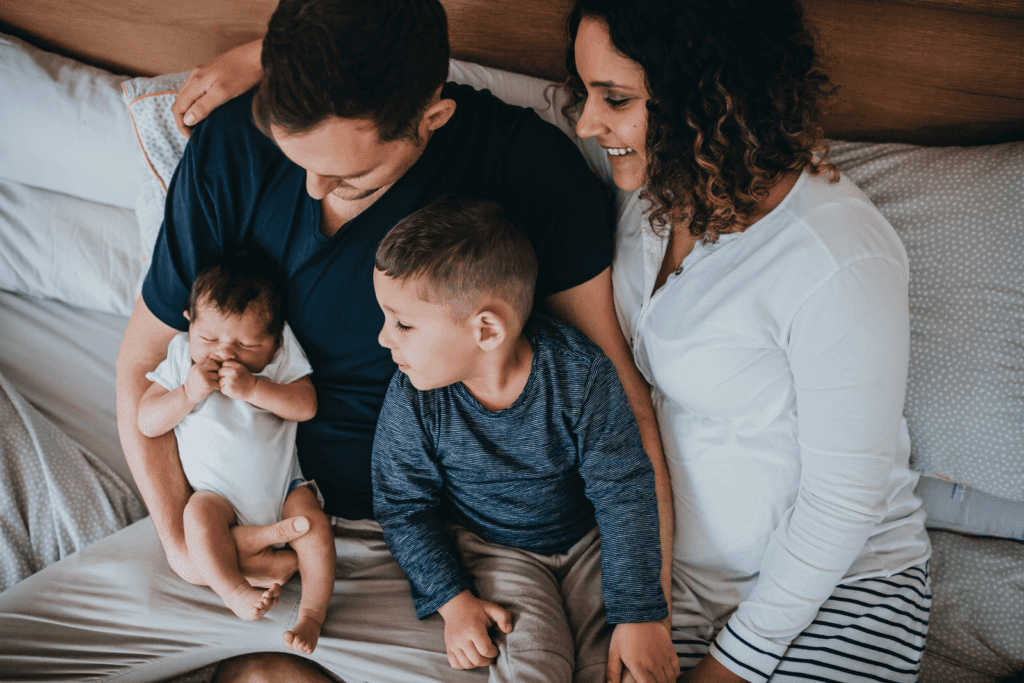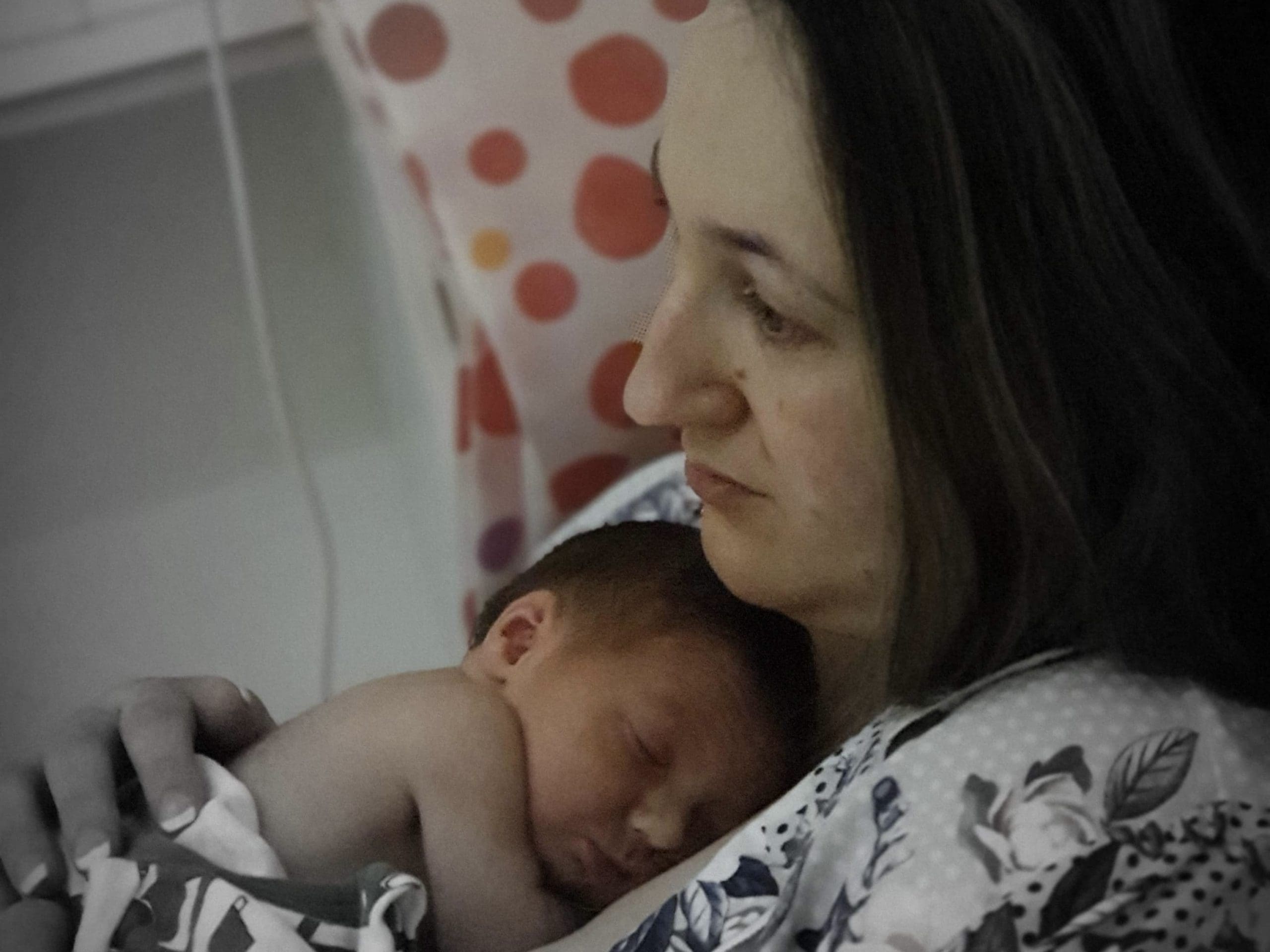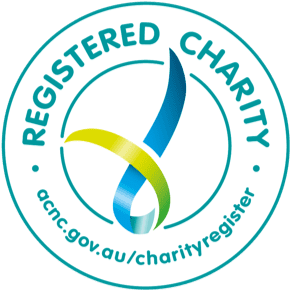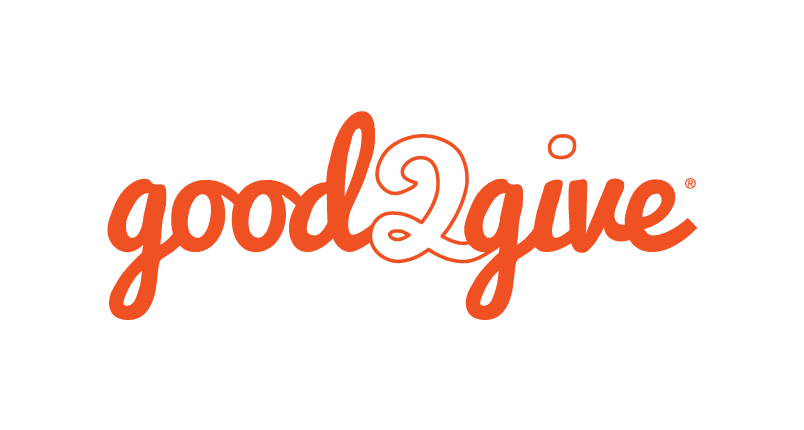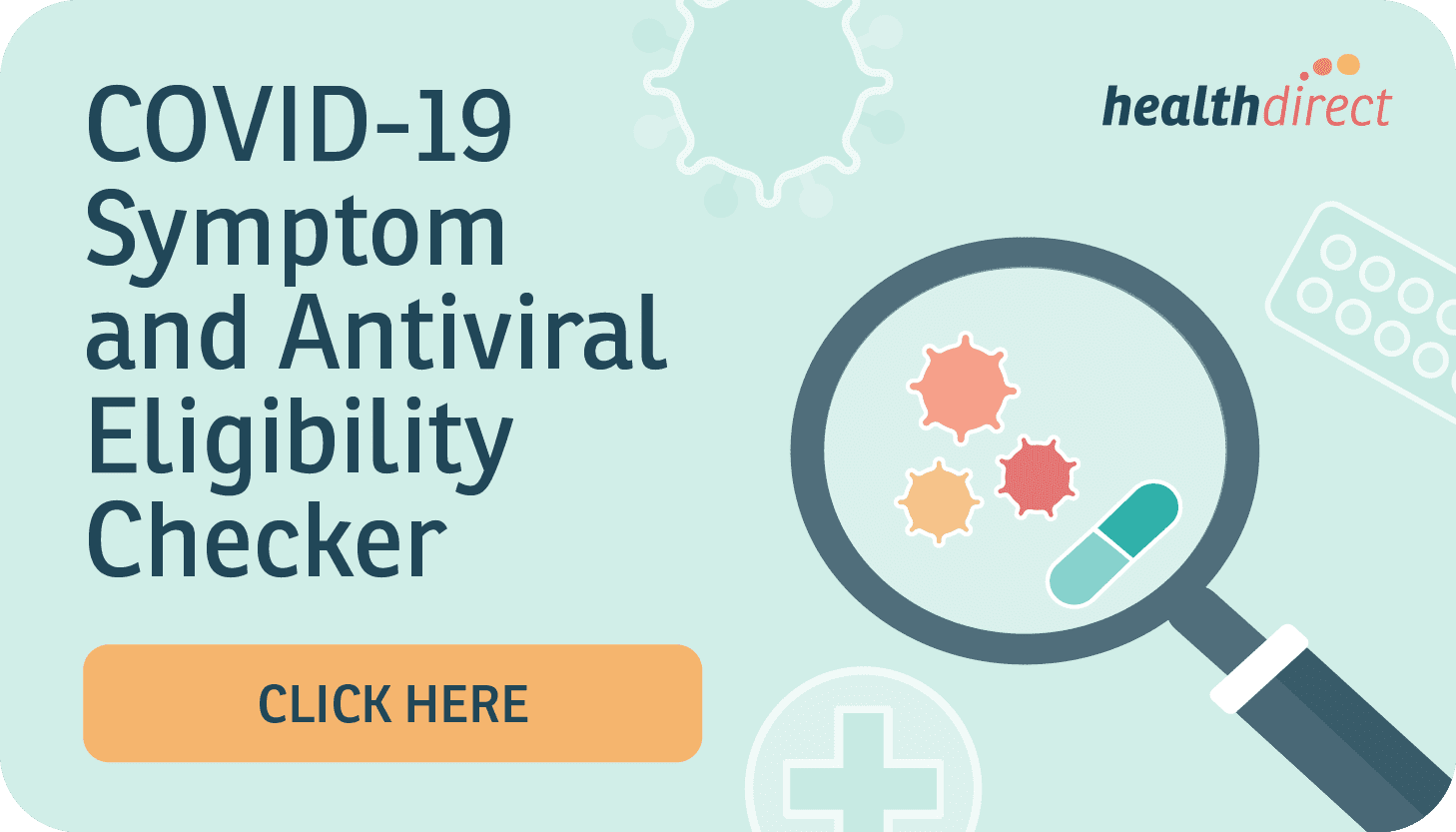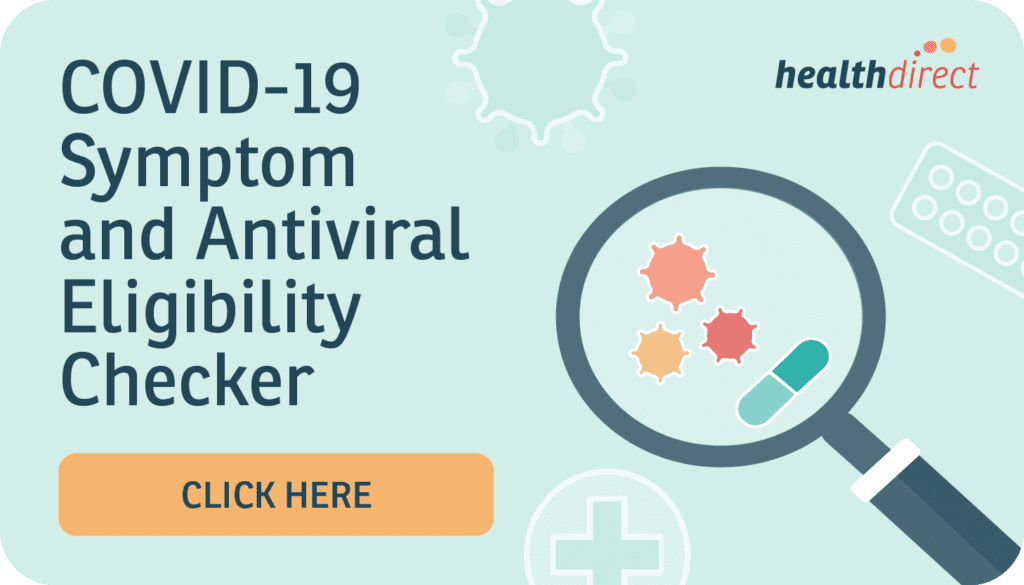Trigger Warning: This birth story involves birth related PTSD, prolpase and abandonment. If you are triggered by these topics you may wish to skip this blog or read it once you have support available. If you are seeking support for your birth trauma, you may wish to contact our Peer Support Service.
I was a first-time young mum going into labour with an open heart and mind to how it may unfold, but little did I know what lay ahead.
I had what some may call the “dream birth” at face value, an unmedicated vaginal delivery. Yet it felt so far from a dream.
Both my husband Luke and I couldn’t understand why we were both left quite shaken by the experience.
After a 16hour labour, with 2 hours of pushing, I experienced a 2nd-degree perineal tear and a haemorrhage with a 1L blood loss.
At the time I didn’t realise what had happened, all I remember was our quiet delivery room suddenly being filled with a lot more medical professionals. I started to panic thinking something was wrong with our baby. He was in my arms though, and he seemed okay.
That’s when I see Luke take a seat and he started looking very pale.
I started noticing I was feeling very light headed.
Then I looked down and quickly realised why Luke was not well, there was a pool of blood underneath me, and all over my legs. So much blood. And it’s this image that will stay with me for a very long time.
I recall a Doctor introducing herself to me saying she’s going to stitch me up to stop the bleeding, she continued talking but I couldn’t hear her.
It was like I wasn’t all there, I felt so dizzy and my ears were buzzing I couldn’t hear anything. I felt detached in that moment, like this wasn’t exactly happening to me but that I was watching it happen to someone else in a slow motion movie with no sound.
Perhaps I was in shock, or just exhausted from having no food all day and the marathon feeling of giving birth. But I wasn’t all there and her mouth was moving and I’m nodding my head with no idea what is going on. I believe this was my way of coping in that moment.
I was thankful to be immediately looked after, but it was after the emergency subsided that we were left confused and uneasy about how the last stages unfolded.
A few hours after my son was born, in the early hours of the morning, I was dropped off to my room that I was sharing with 3 other women. Unfortunately my husband and mum were told they had to leave straight away as it was out of visiting hours, and was left feeling scared and lonely.
I will never forget that feeling of being left on my own after having no idea what just had happened. I felt so overwhelmed and I recall thinking how could they just drop me off to my room and leave? Did they just not see what happened? It heightened my sense of confusion thinking this was normal so I had no right to feel this way or to ask any questions because surely someone would’ve told us if there was an issue.
We didn’t know why I had a catheter inserter, why I received IV fluids and why I was so incredibly lethargic and in pain. Nobody explained what happened and it’s the lack of communication that heightened our sense of fear. We didn’t understand why things unfolded the way they did and so we were left to fill in the blanks over time on our own.
By this point you might be thinking, well why didn’t you say something? Why didn’t you just ask?
Being our first birth experience we didn’t have the confidence to ask questions or flag our concerns because we thought that this was the way it was meant to be. I also thought if something serious had happened, surely someone would’ve said something? The fact that nobody said anything made me feel like this is what a normal birth.
I went on to have a weak pelvic floor and was diagnosed with prolapse at 6 months postpartum. This compounded the experiences I had from the birth of my son adding to my growing fears to give birth again.
At 1 year postpartum in a psychologist appointment where I was receiving treatment for postnatal anxiety I discovered the term birth trauma and PTSD. I was describing how thinking about my sons upcoming birthday made me feel sick, and that I was still having flashbacks to sitting in a pool of my own blood feeling like I was drifting away.
Until then, I had absolutely no idea trauma and birth could ever be associated together.
I had always heard about the magical side of bringing a baby into this world so when I didn’t have these feelings from my birth experience I was left feeling confused, ashamed and very lonely. The thought of having another child would bring me such overwhelming feelings of fear that I would put off extending our family.
I spent a long time working through my feelings and realised the worst part of it all was not that a haemorrhage occurred, although yes that was very scary, but the lack of communication and aftercare I received from healthcare professionals is what made my husband and I feel let down by.
I’ve since gone on to have another child and can truly say positive birth experiences do exist.
I now know why other people gush about how magical and surreal it can feel.
My positive birth experience was a result of being heard and supported by our health care professionals.
There were thankfully fewer complications with my second birth, but it was the way I was made to feel: safe, nurtured and supported – that’s what made the world of difference to us.
My husband and I were also given opportunities to debrief about the birth and ask questions which was comforting to be provided with that opportunity.
Key learnings from my experience:
- Speak up: have confidence to advocate for yourself
- Having your feelings heard and validated after experiencing birth trauma is crucial. Find a supportive network to process your feelings in a safe space
- If the thought of your own birth experience brings up fears or makes you feel uncomfortable, please find a safe space to process this because it’s never too late, no matter how long ago your birth experience was
- I believe a positive birth experience is the result of feeling safe, nurtured, and adequately cared for by your birth team, however that may look like for you. Be sure you reflect on what would help to make you feel this way and do what is in your power to set that up. Birth after trauma is possible.
- For Health professionals: where possible ensure there is a private space for patients to ask questions with an opportunity to debrief about their birth
Healing is not linear. It’s a journey filled with ups and down, be gentle and kind with yourself as you go through your own journey. No two paths are the same but know that you are not alone.
Amanda – mama to two adventurous boys – find her on instragram: @postnatalwellness
If you would like to connect with a mum who has experienced birth trauma, please contact our Peer2Peer Support service to connect with one of our Peer Mentors.
